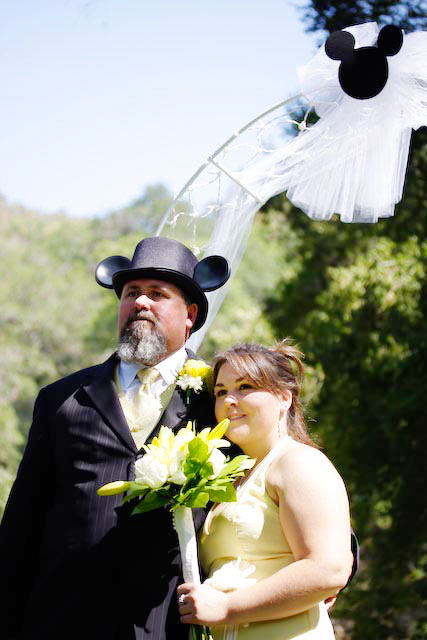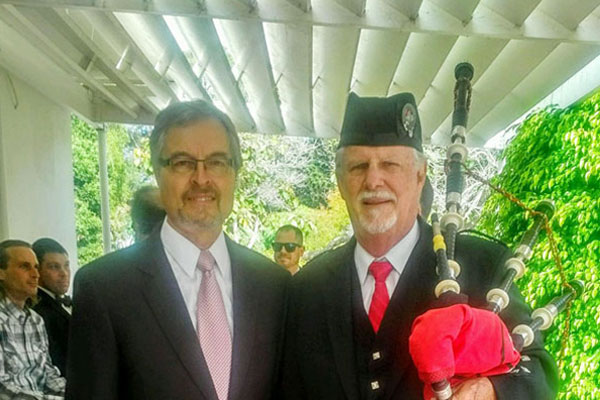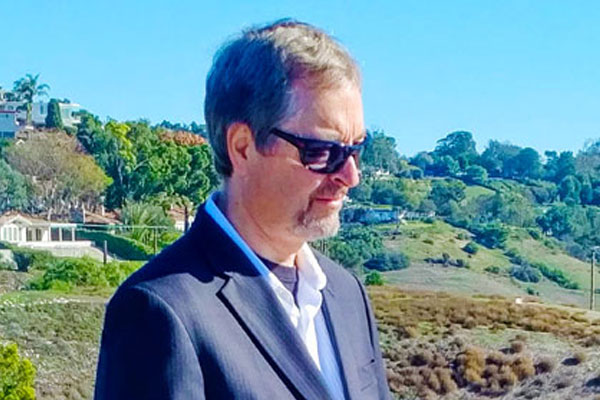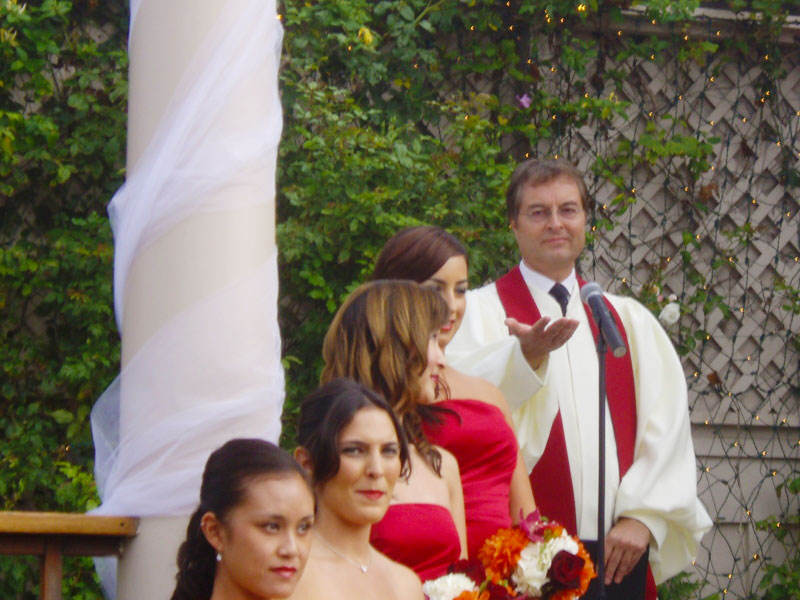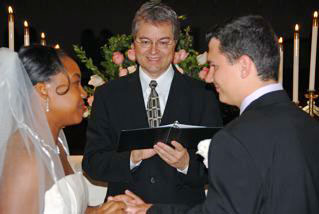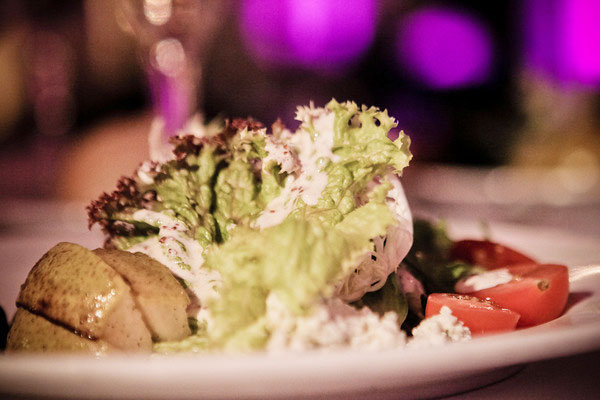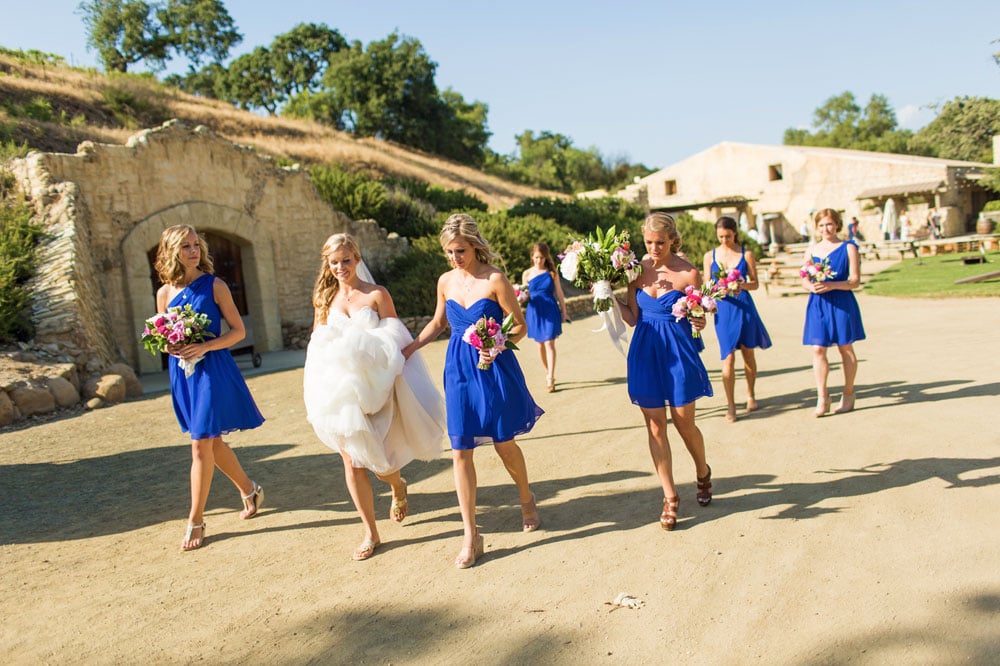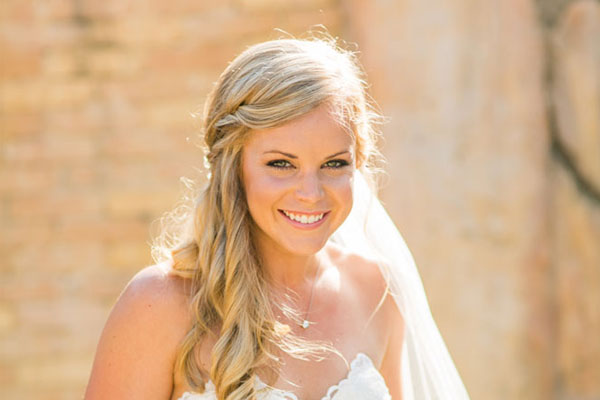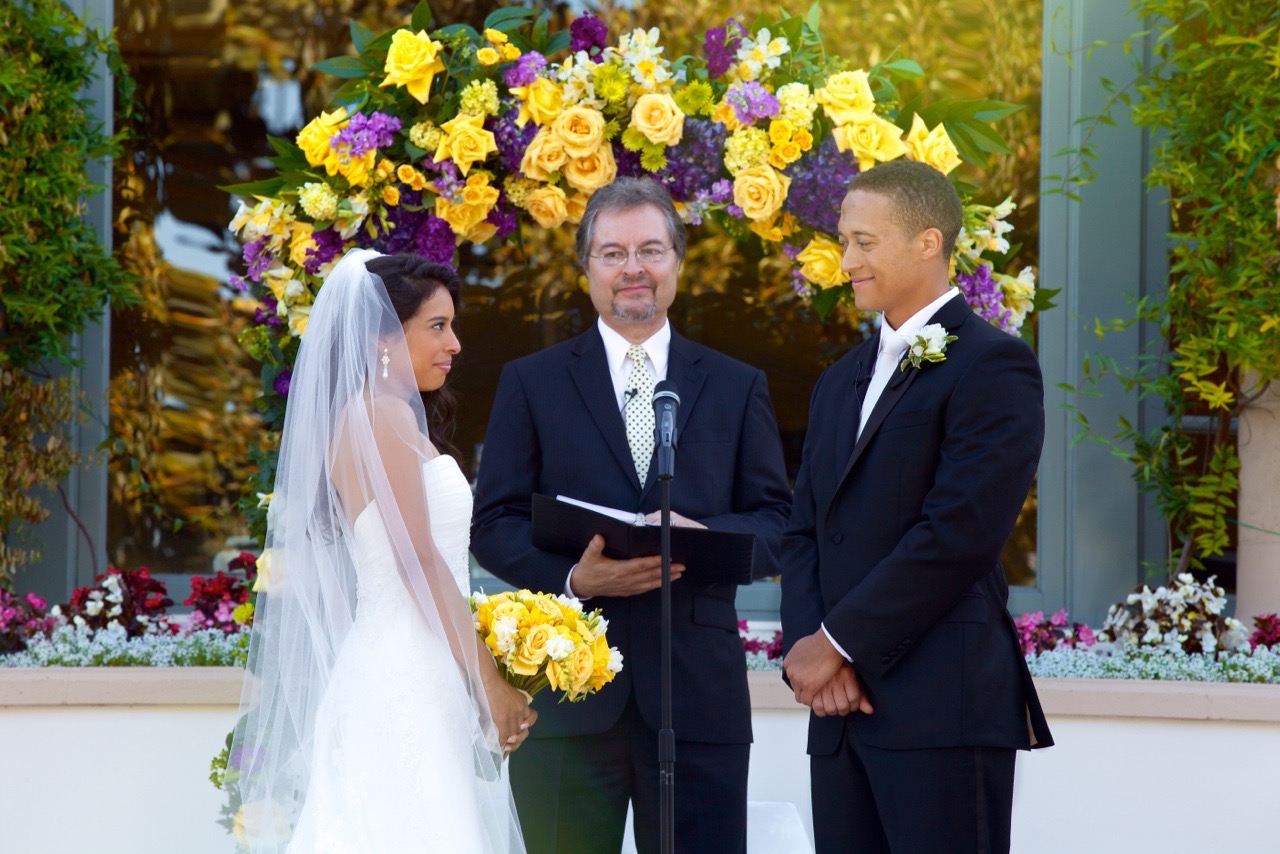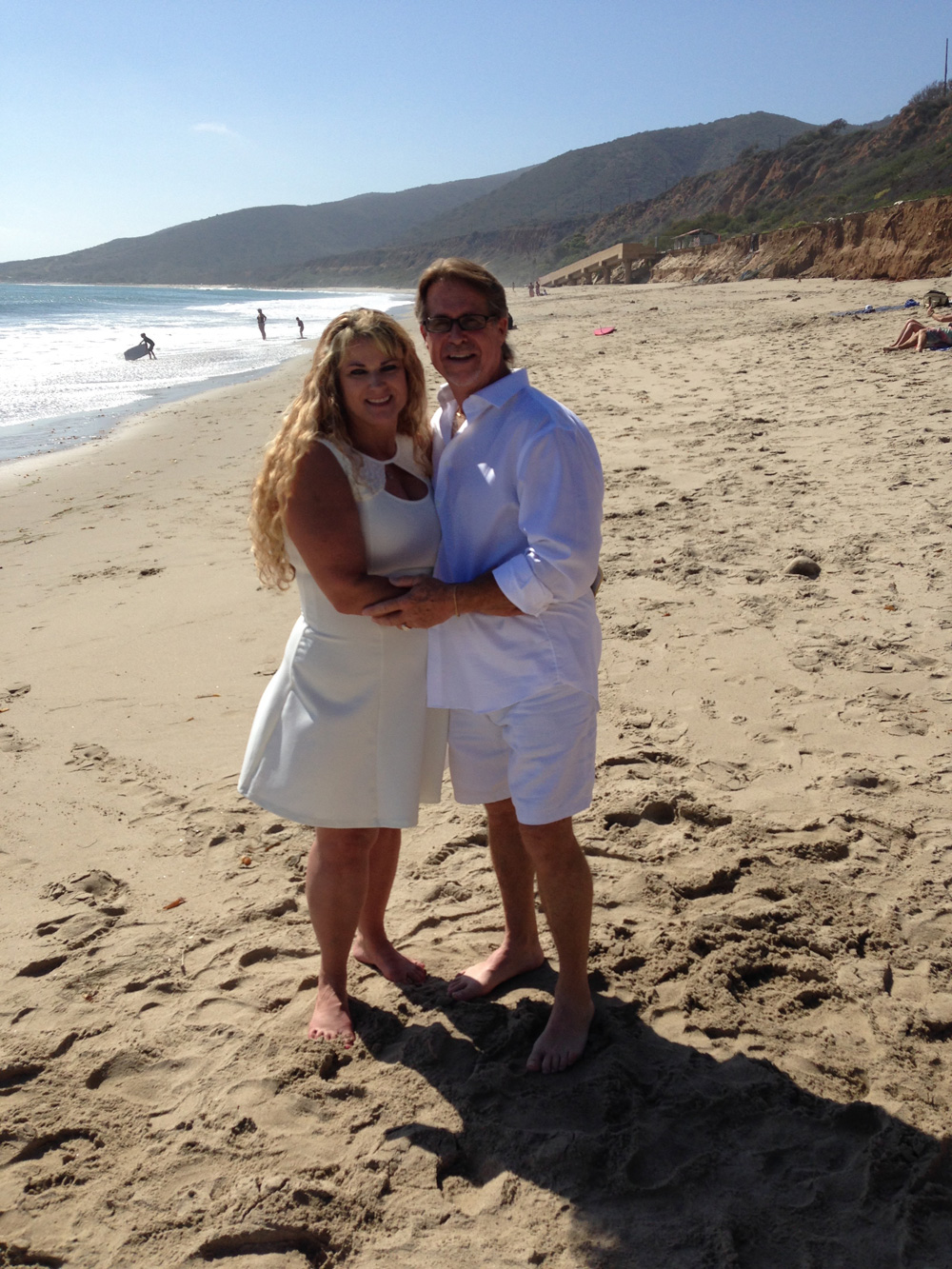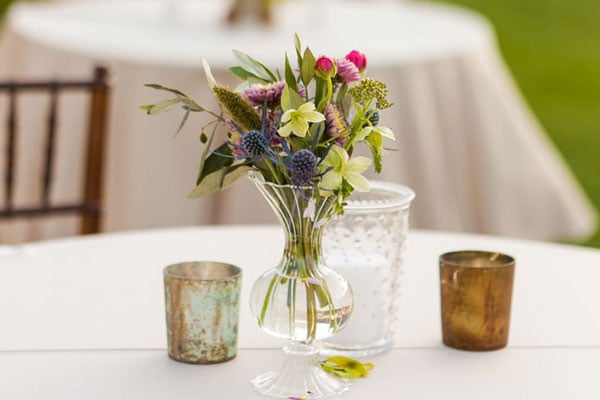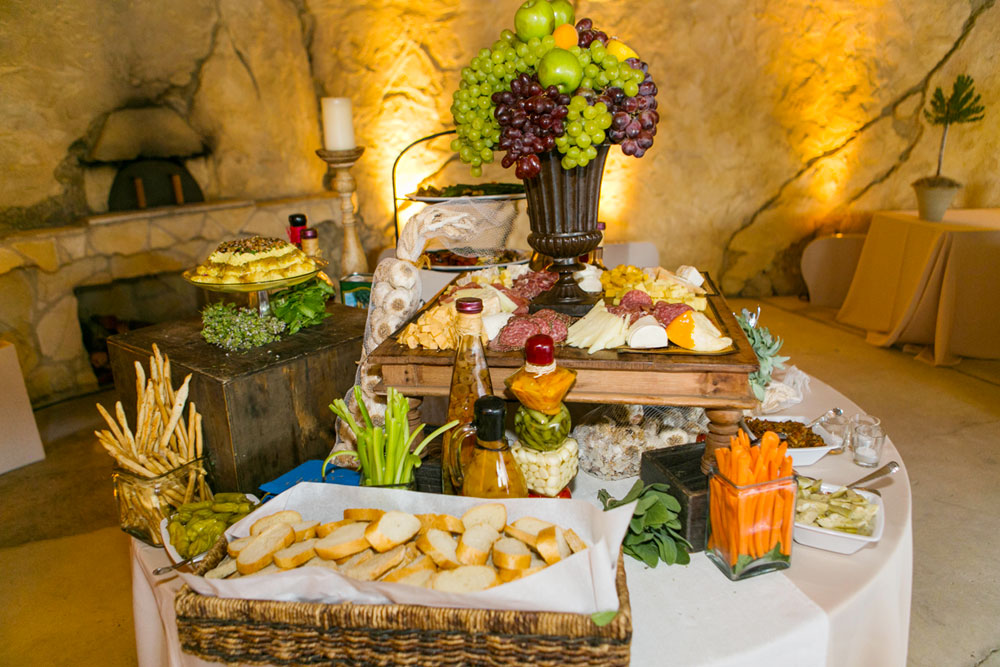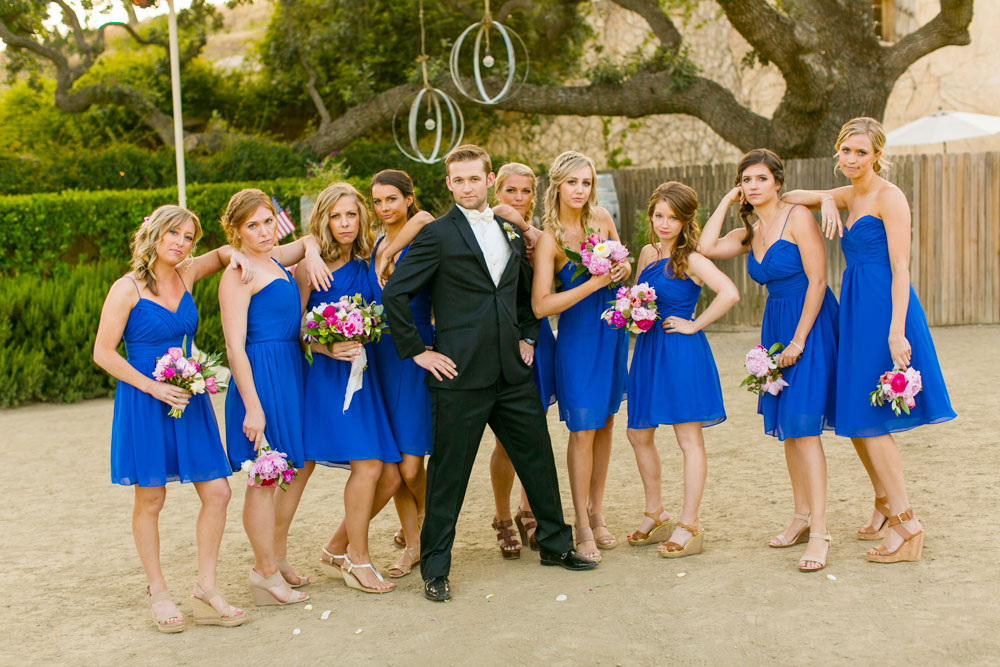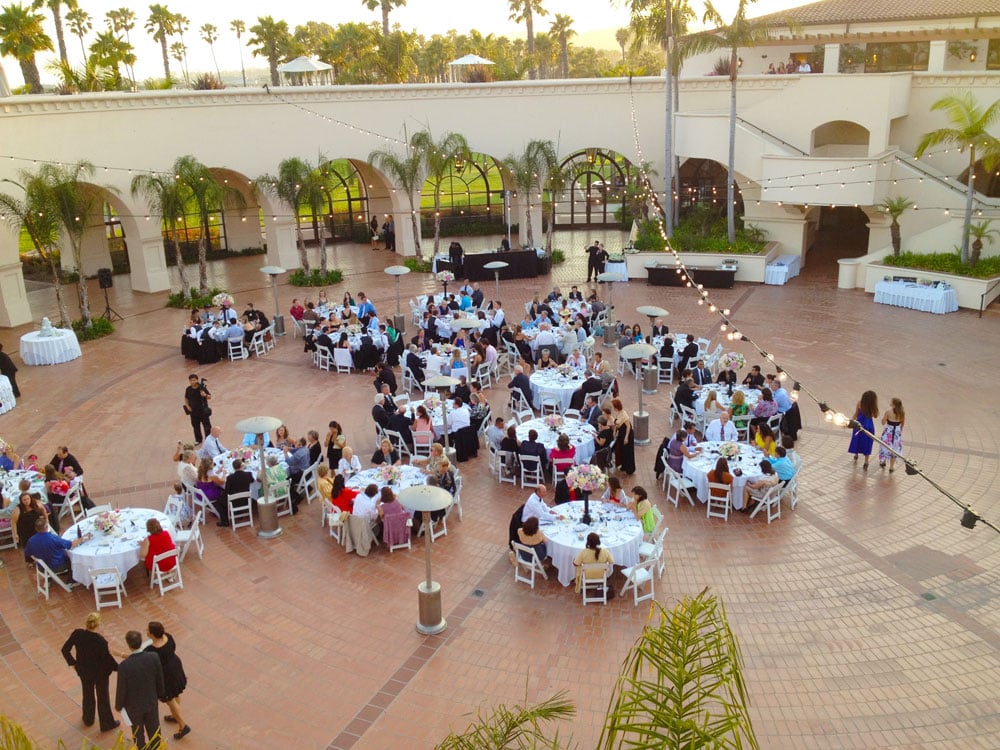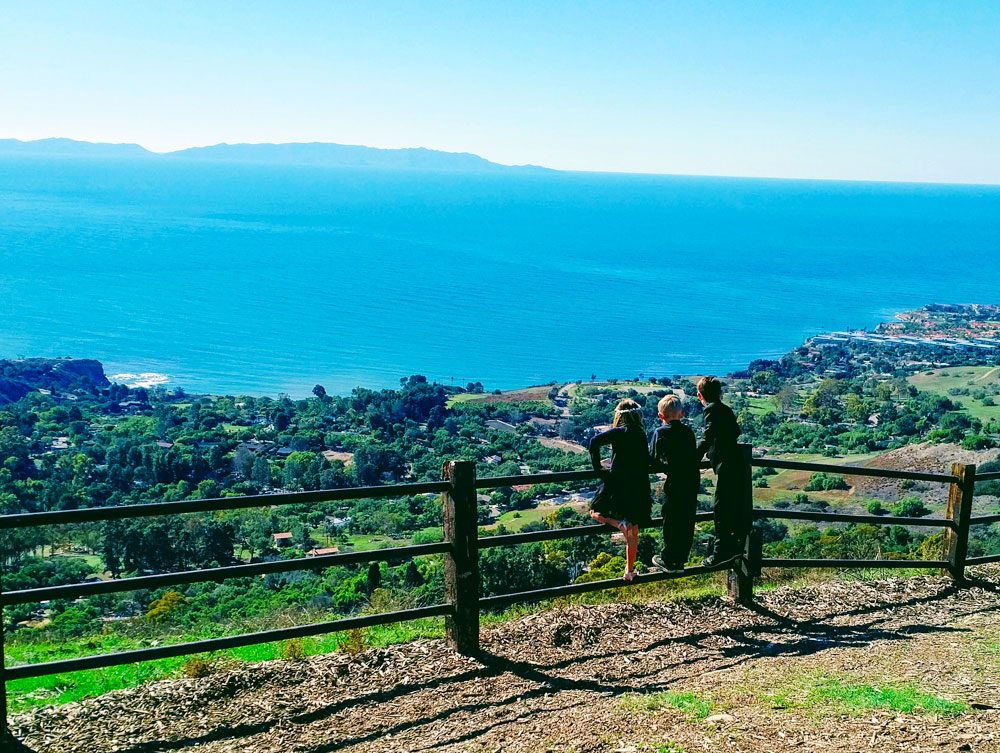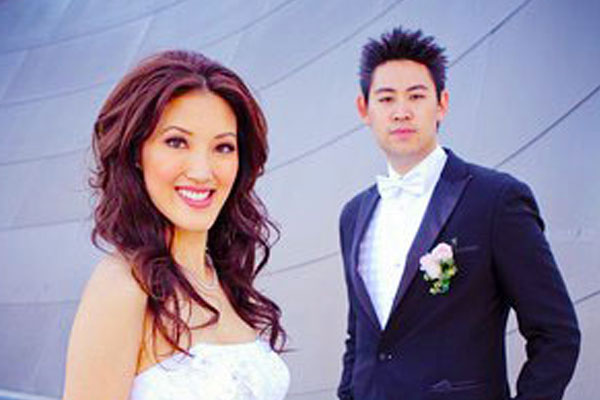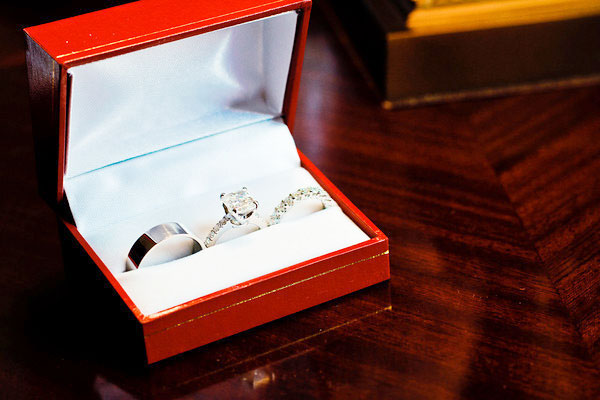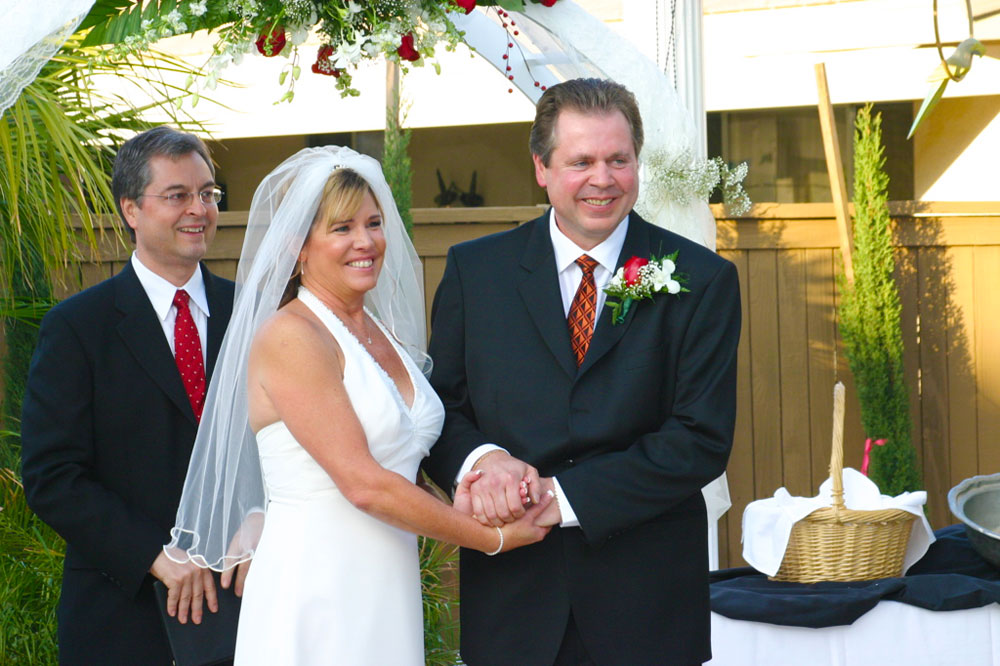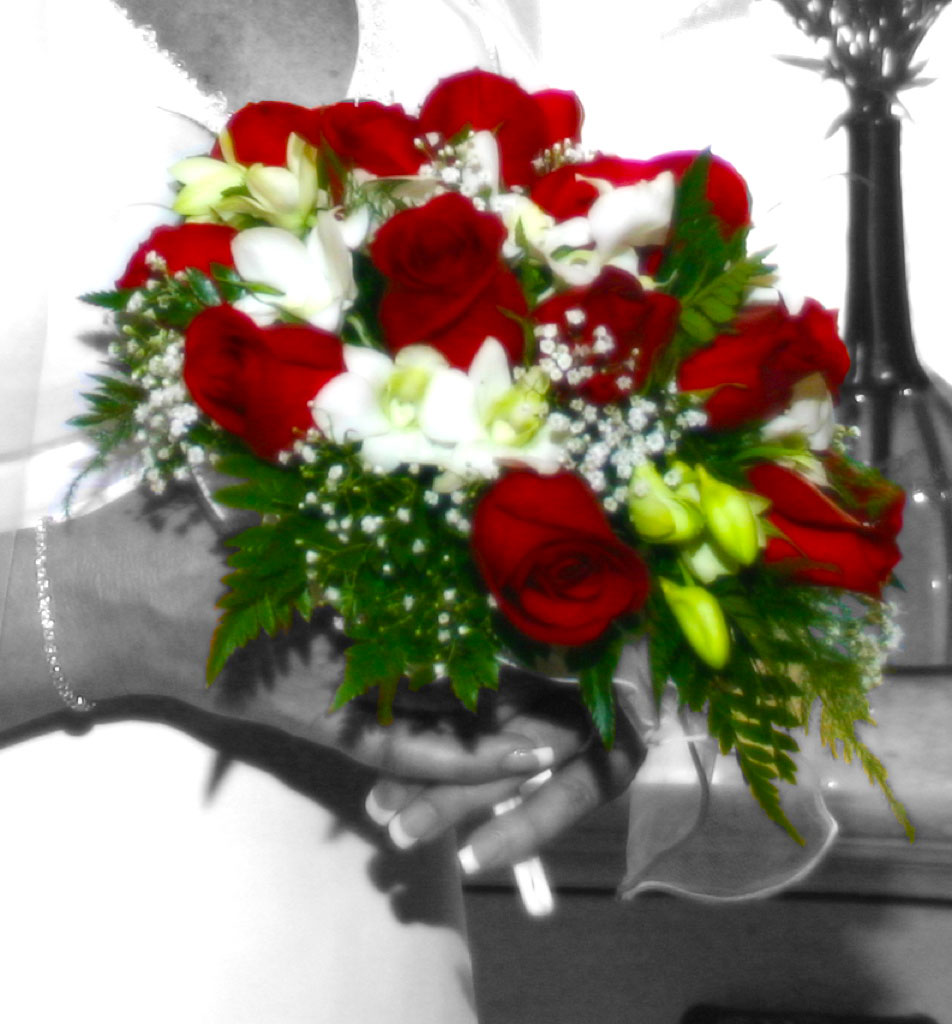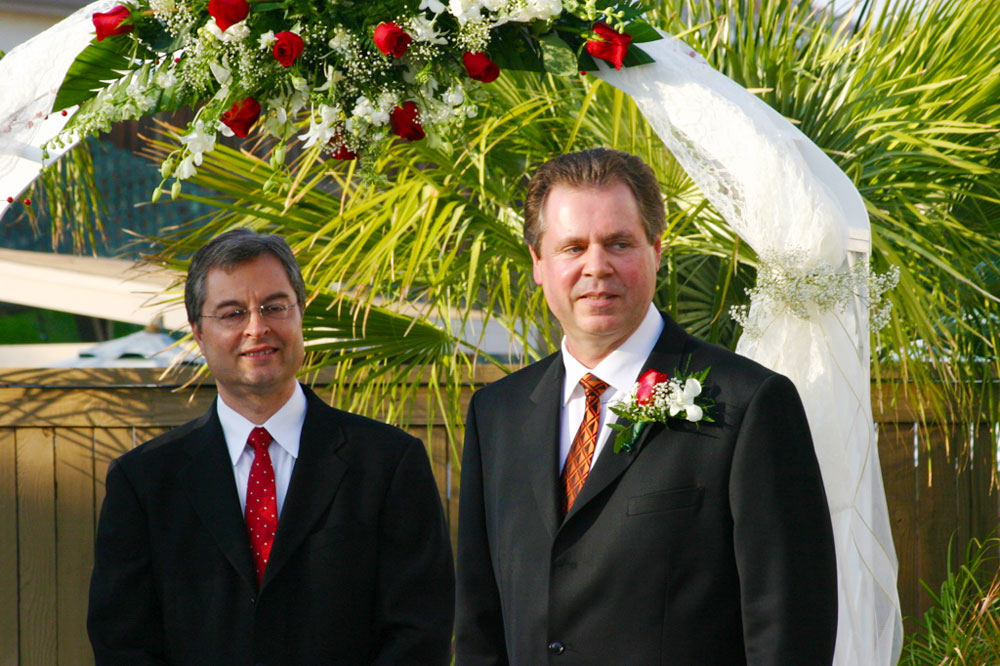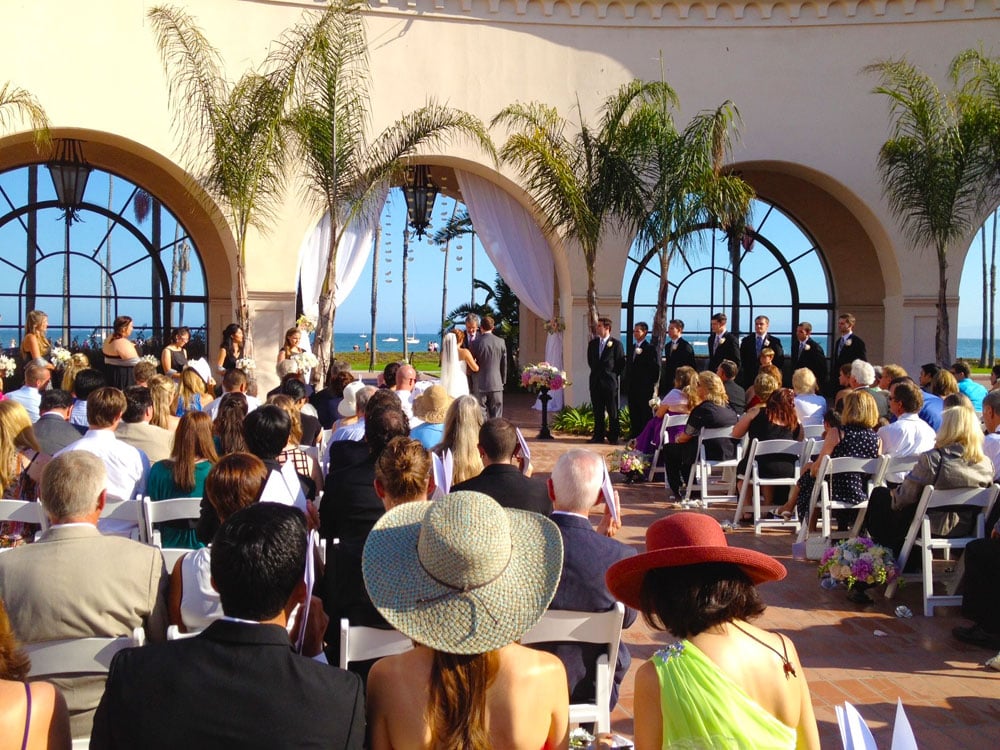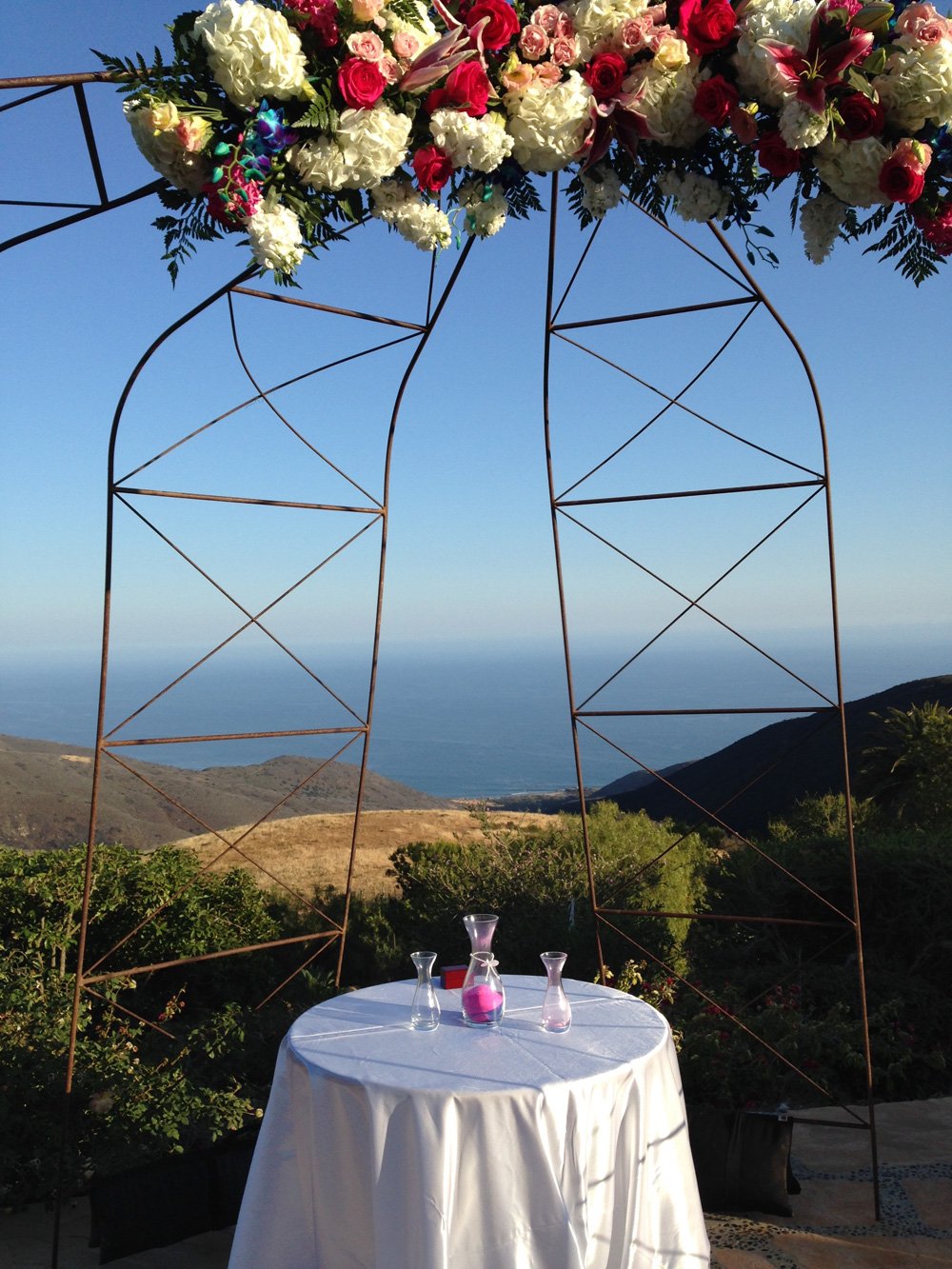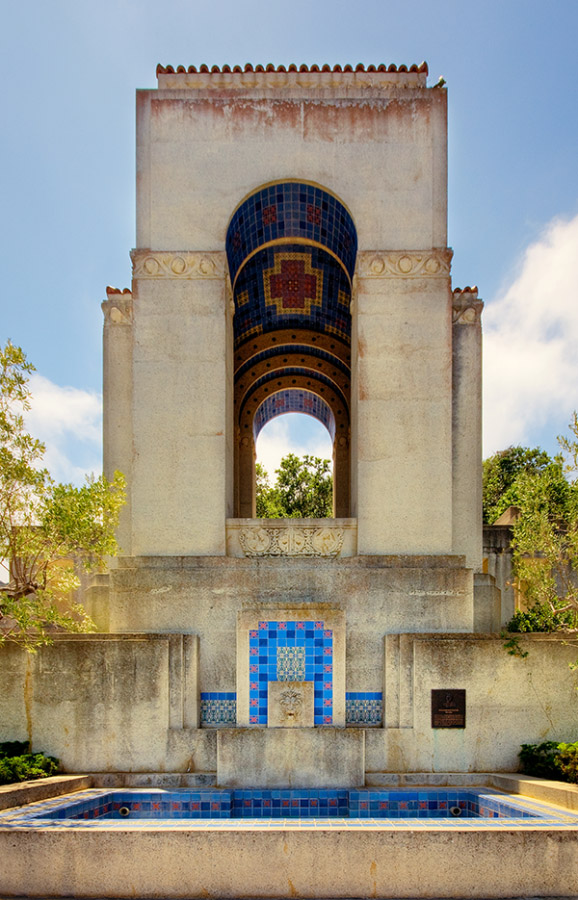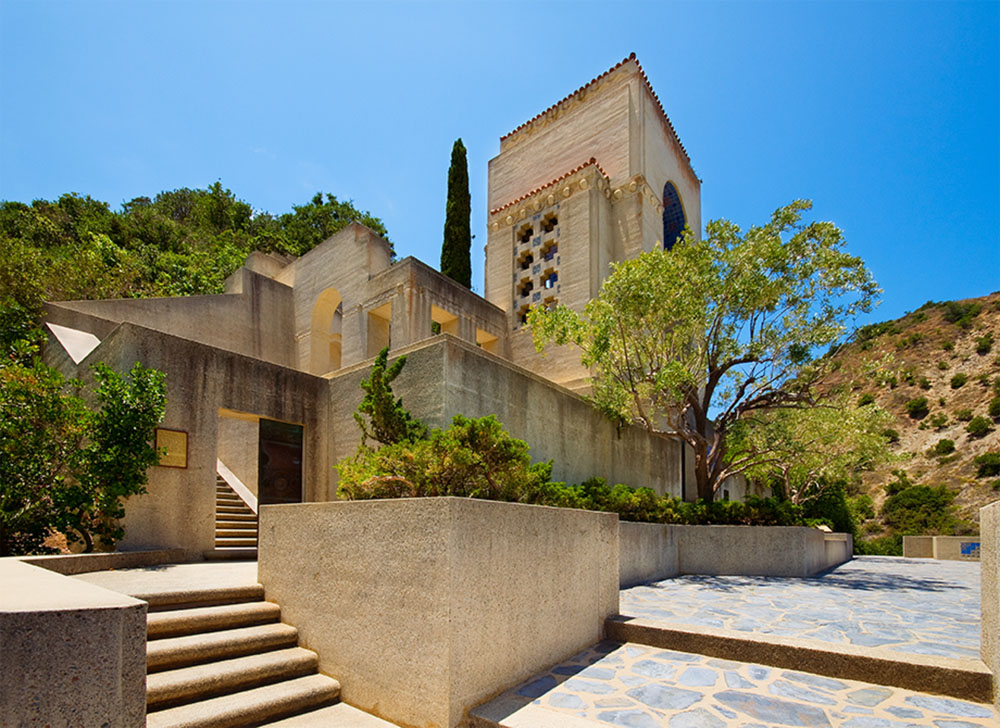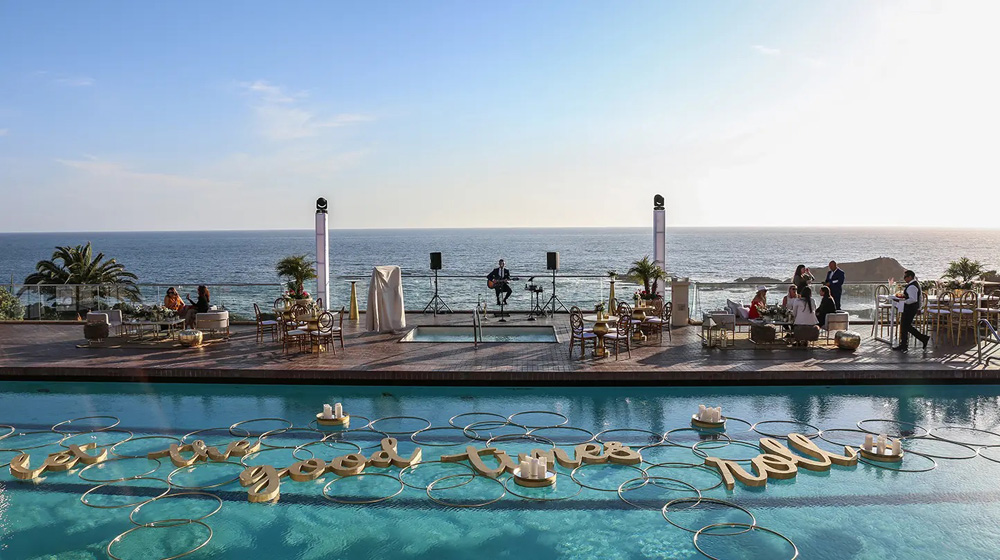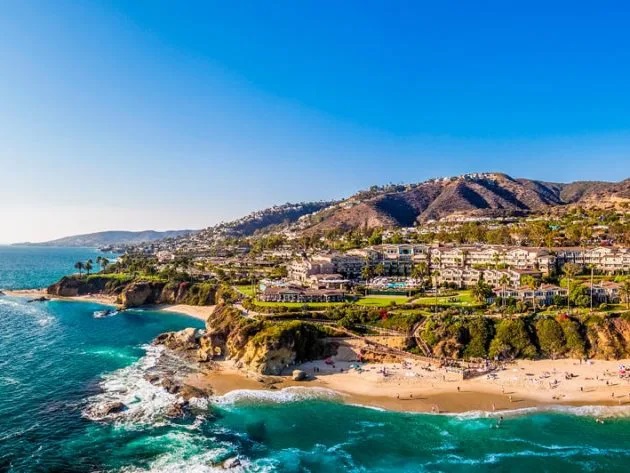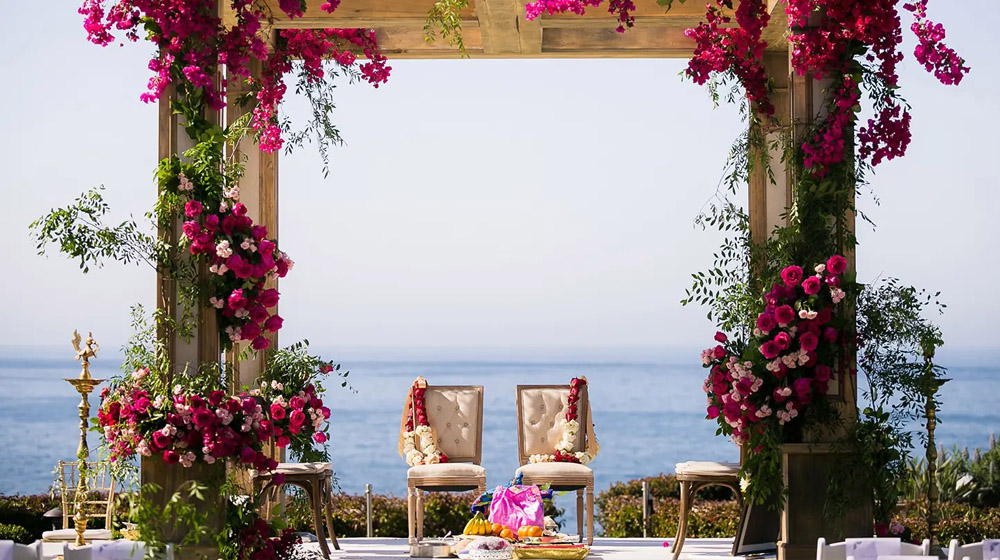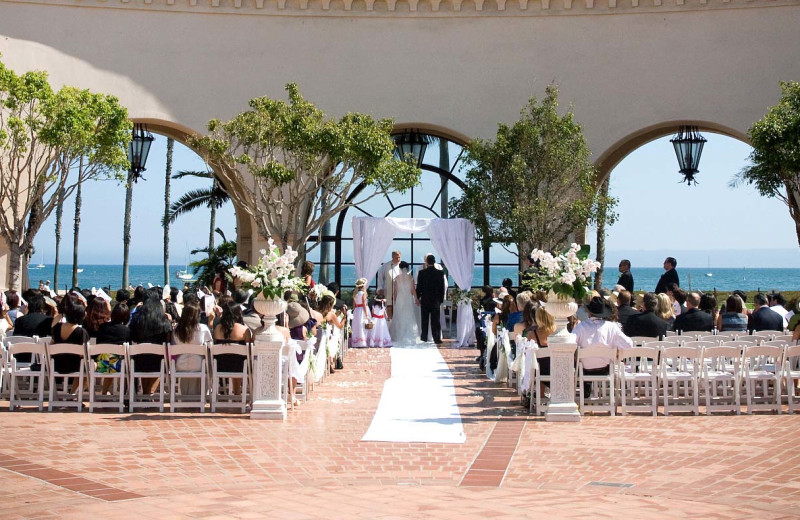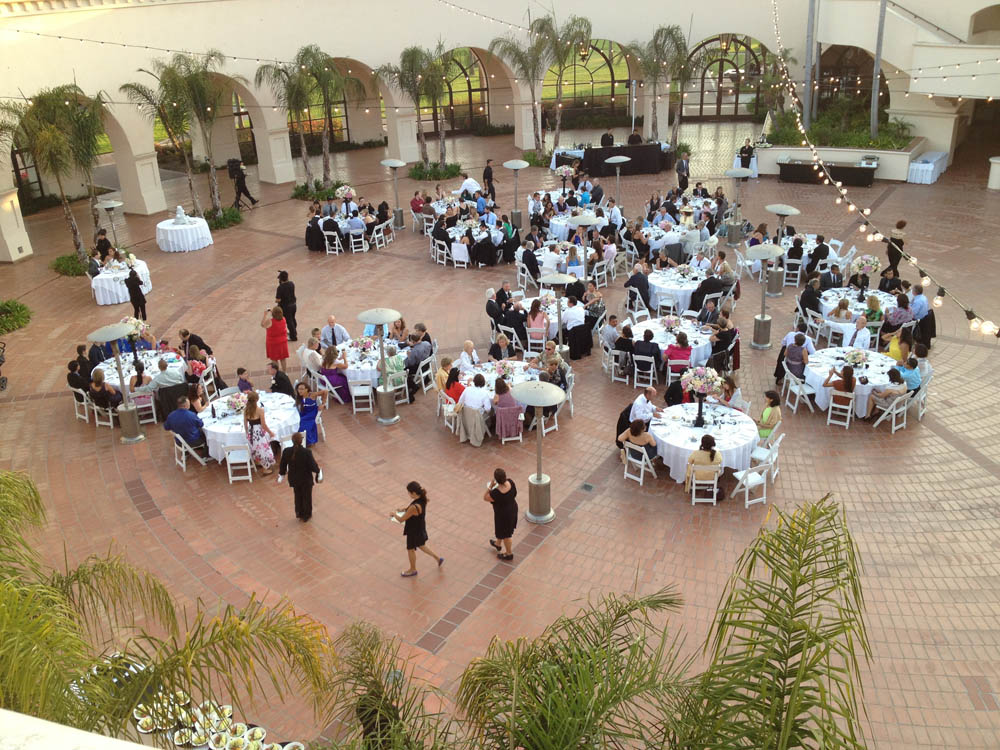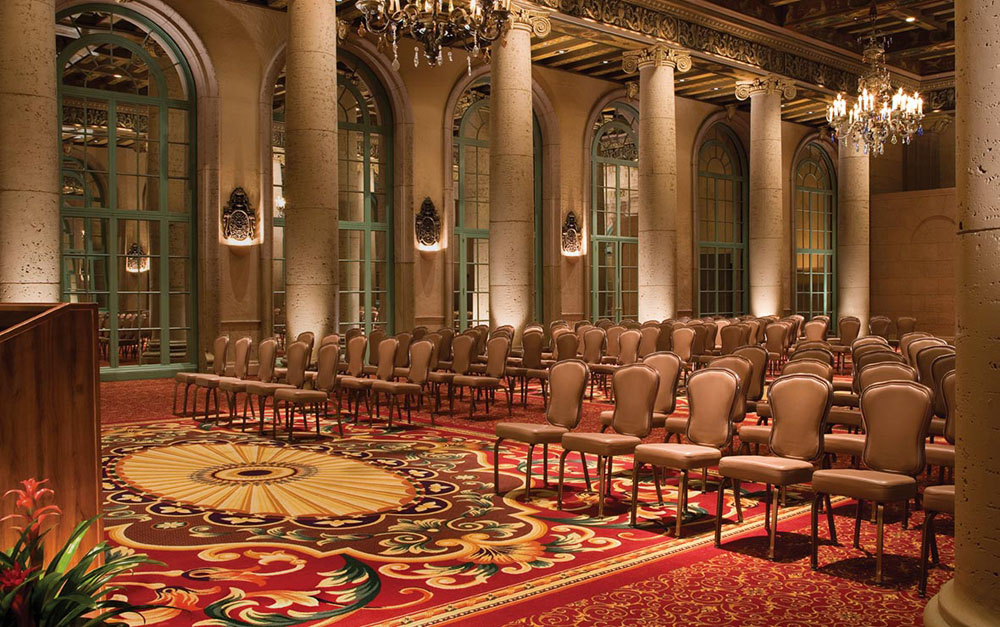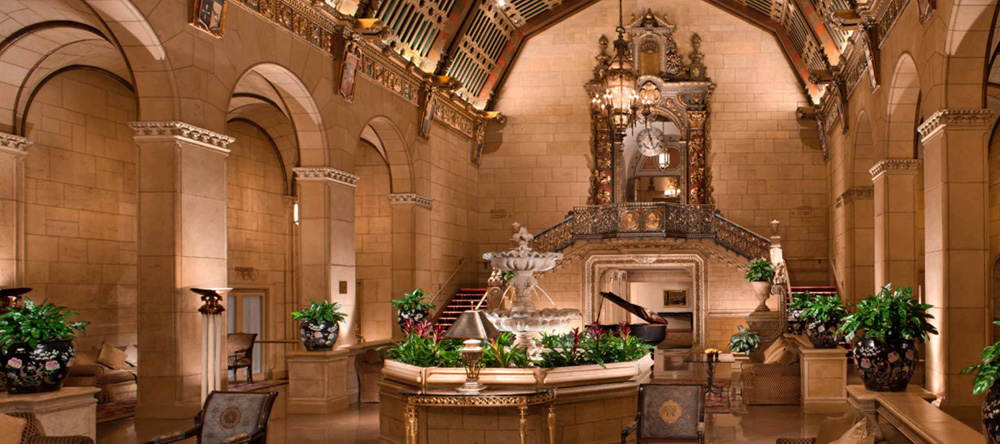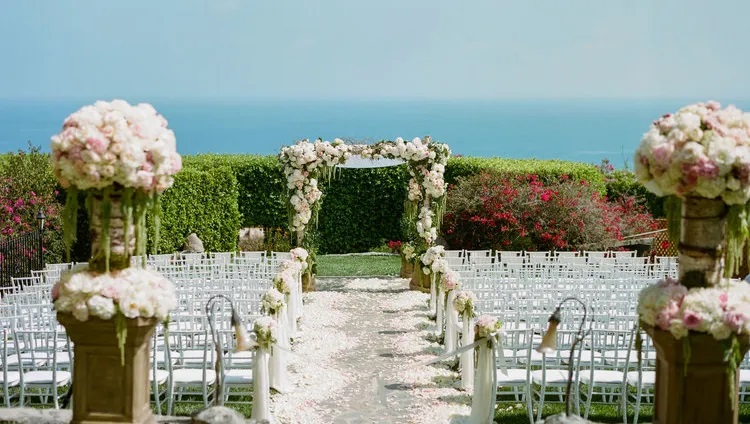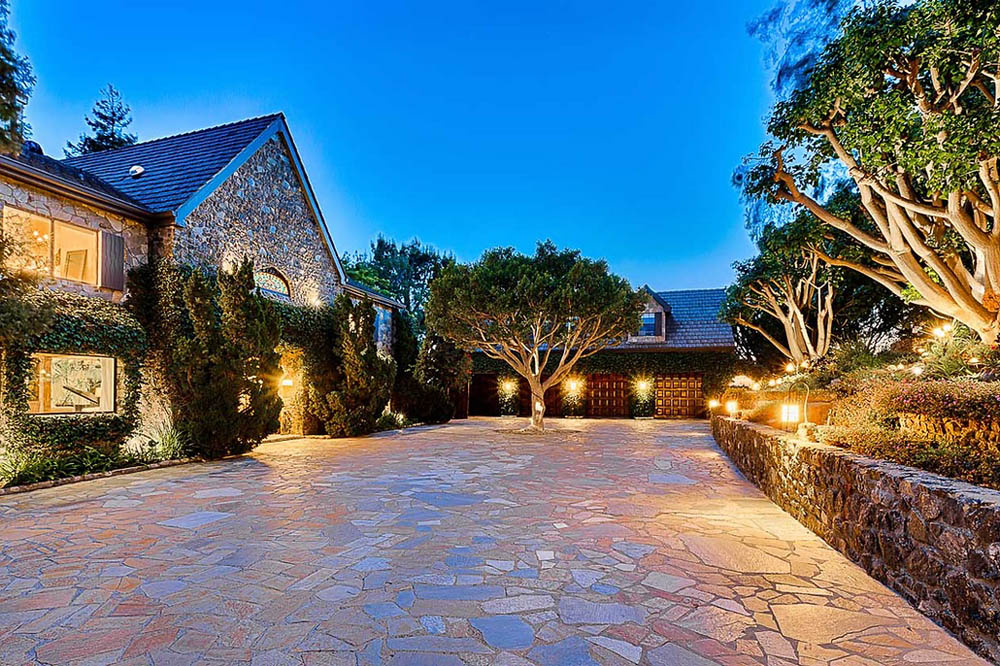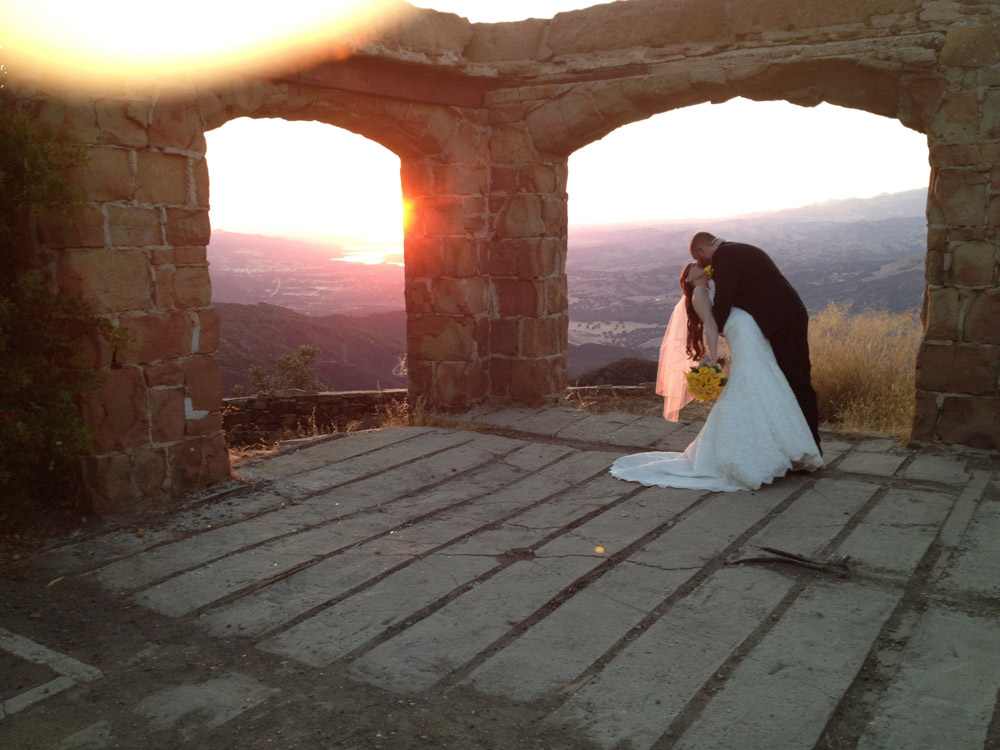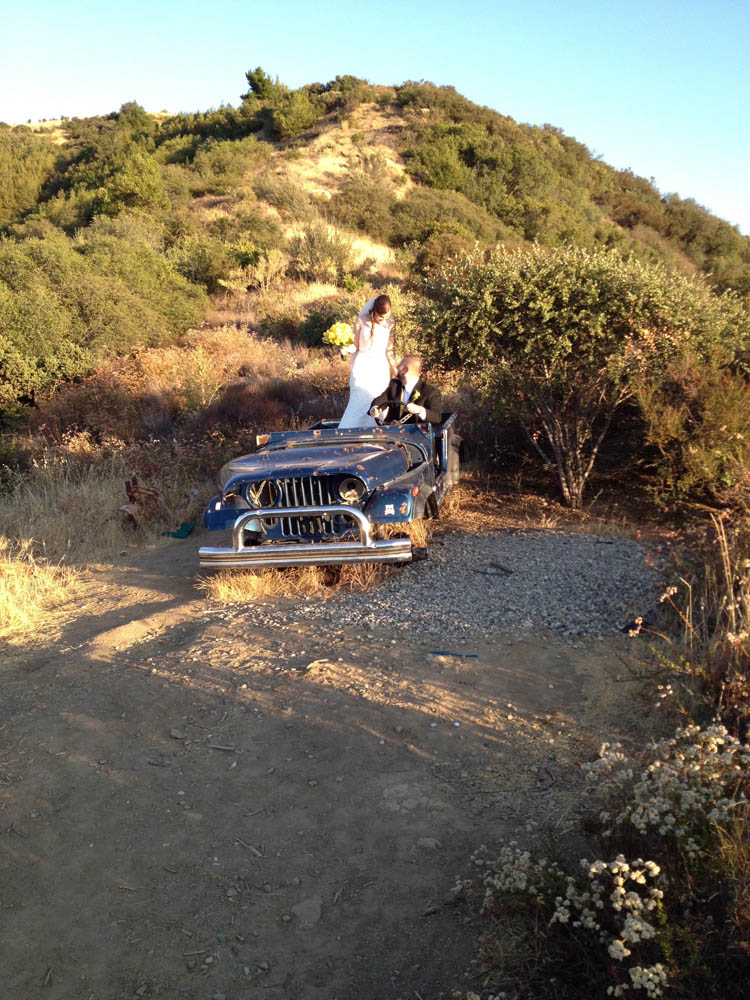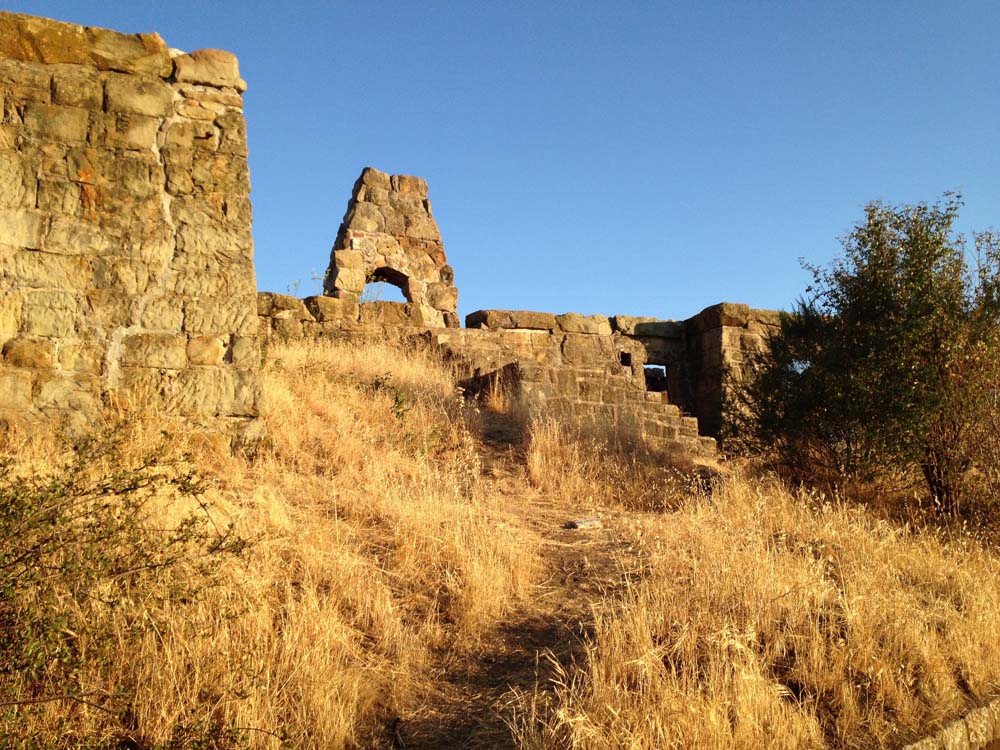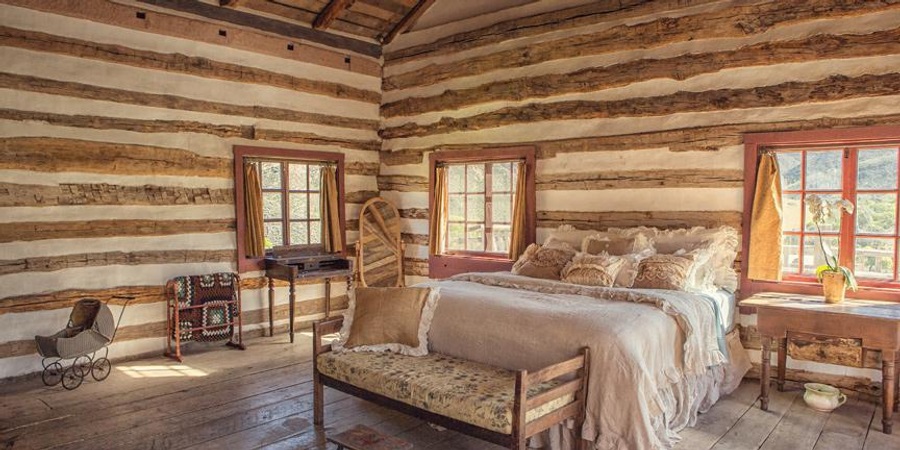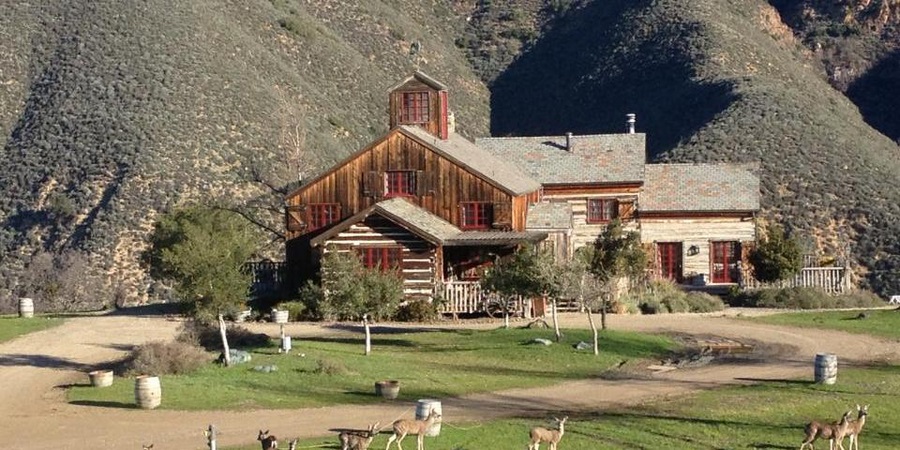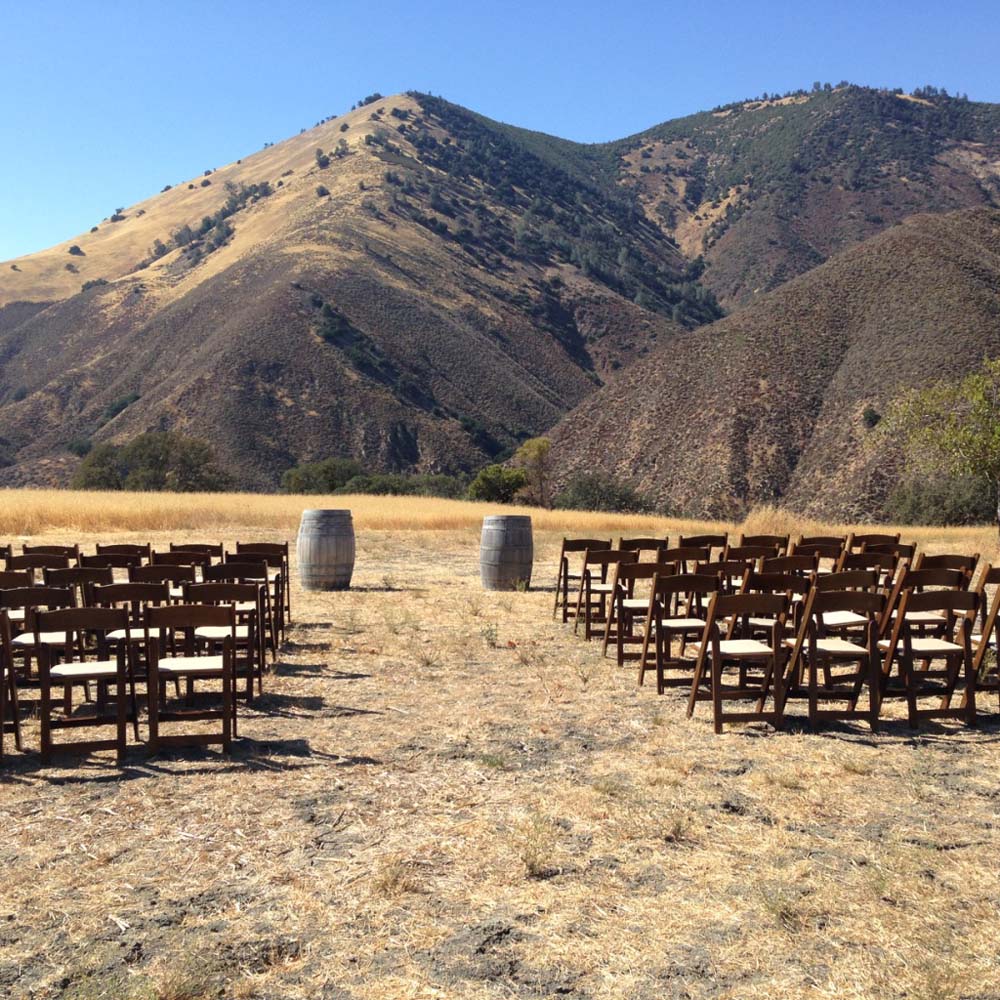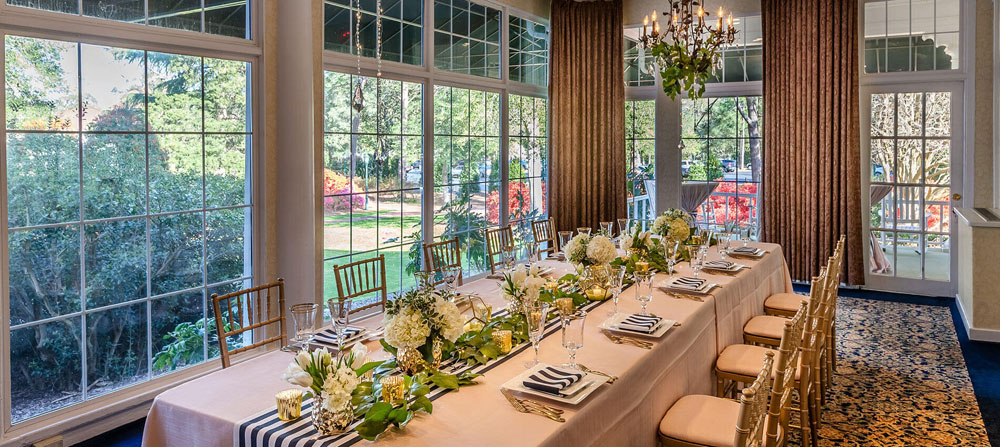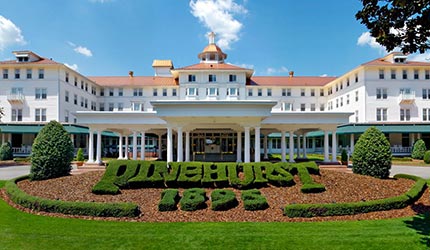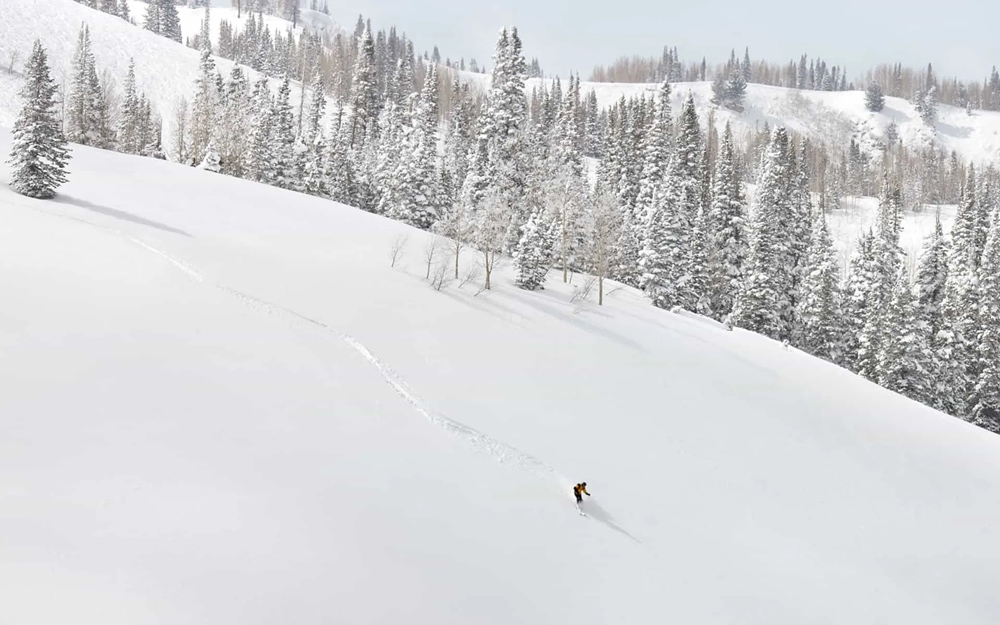Wedding Gallery
| |
| |
Wrigley Memorial & Botanical Gardens, Catalina Island, California
The Montage, Laguna Beach, California
Perched on a coastal perch high above the Pacific, this venue offers 30 acres of luxury in the heart of Southern California’s preeminent artistic colony.
The Hostalkova-Plansky wedding took place here in 2010.
The Fess Parker, Santa Barbara, California
Television star Fess Parker purchased the land and built the hotel that carried his name beginning in 1986 until recently.
Although RevSteen has officiated many weddings here, the Hiyashi-Koenig wedding was the first in 2011.
The Millennium Biltmore, Los Angeles, California
Classic elegance steeped in Hollywood glamour. Iconic then. Iconic now.
The Chen-Wu wedding took place here in 2011.
The Stone Manor, Malibu, California
High up in the hills above Malibu, this venue is a little closer to heaven than most places. With its thick walls and stone façade, the mansion is reminiscent of an English manor. The owner did the lighting for Disney’s properties.
The Beebe-Liwanag wedding took place here in 2012.
Knapp’s Castle, Santa Barbara, California
George Knapp, founder of Union Carbide, built his home after purchasing 160-acres in 1916. The location was so secluded a new road had to be built to reach it. Five weeks after he sold it, it was destroyed by a forest fire. It was open to the public until recently for hiking and weddings.
The Hotchkin-Virkh wedding took place here in 2013.
Figueroa Mountain Farmhouse, Santa Ynez, California
Where Appalachia meets the wilderness of Southern California. As one of the most magical locations on the West Coast, this venue is stunningly set and constructed with materials shipped from Appalachia.
The Maniaci-Zarnow wedding took place here in 2016.
Pinehurst Golf Club, Pinehurst, North Carolina
Built in 1895, Pinehurst is one of the most prestigious golf clubs in America. It has nine 18-hole courses with Pinehurst No. 2 consistently ranked as one of the top courses in the United States.
The Hammaker-McNeill wedding took place here in 2022.
The Montage Deer Valley, Park City, Utah
An authentic yet refined mountain retreat located less than five minutes from Park City’s celebrated historical Main Street, the venue is one of the top ski destinations in the country and hosted competition at the 2002 Winter Olympics.
The Bossiere-Jardine wedding took place here in 2022.
FAQs and Helpful Links
| |

 (805) 231-5300
(805) 231-5300
